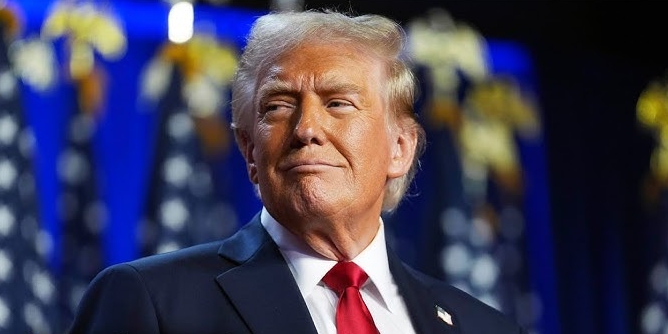Date: July 30, 2025
Byline: Investigative Desk
President Donald Trump reignited his long-standing feud with the media this week, blasting ABC and NBC as “two of the absolute worst and most biased networks anywhere in the world” in a Truth Social tirade. The broadside, which included demands that the networks’ broadcast licenses be revoked, is the latest in a series of escalating attacks Trump has leveled at traditional media outlets as he positions himself once again against what he calls the “Fake News complex.”
In his post, Trump claimed that 97% of ABC and NBC’s coverage of his presidency was negative, a figure he described as evidence of deliberate bias. While studies from organizations such as the Media Research Center have previously suggested high levels of negative coverage, independent media monitors have not verified Trump’s 97% statistic.
The claim itself echoes a central theme of Trump’s media strategy: portraying himself as a victim of a press establishment aligned with Democrats, while leveraging those attacks to rally his base.
Trump escalated his attack by calling for the revocation of ABC and NBC’s broadcast licenses, writing: “They are simply an arm of the Democrat Party and should, according to many, have their licenses revoked by the FCC.” He also argued networks should pay “millions of dollars a year” for use of what he described as “the most valuable airwaves anywhere at anytime.”
However, Trump’s demands reveal a misunderstanding of broadcast law. National networks like ABC and NBC do not hold FCC licenses themselves. Instead, local affiliate stations are the ones licensed by the FCC, which ensures they operate in the “public interest” and maintain technical compliance.
By labeling network coverage as “crooked journalism” and urging regulatory punishment, Trump is pushing the boundaries of a fundamental democratic tension: the role of government power in relation to press freedom. Legal experts note that attempts to revoke licenses for political reasons would likely face insurmountable First Amendment challenges.
This clash is not isolated. Trump has previously attacked CNN, The New York Times, and The Washington Post, branding them “enemies of the people.” His latest escalation against ABC and NBC comes amid renewed Republican calls to scrutinize the role of big media and big tech in shaping public opinion.
In effect, Trump’s latest blast may serve less as a genuine regulatory demand and more as a calculated act of political theater, energizing his supporters while placing pressure on two of the most influential players in American news.




















